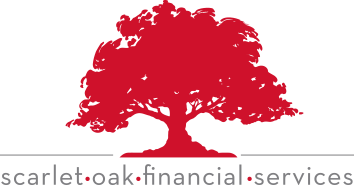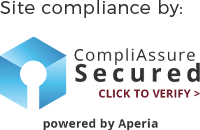Many Americans will have had to rebuild after a divorce, health crisis, disaster, or emergency. Are you ready for the what-if’s and oh-no’s that are a part of life? In stressful times having access to personal financial, medical, insurance information can be helpful to get you back on your feet faster. Clarity in a crisis is key- so organizing and creating the documents that make it easier for you and your loved one to navigate hard times is important.
Here is our list of things to have prepared when you are preparing for the unknown:
- Have all documents in one spot preferably in a fireproof and waterproof safe or secondary safety deposit box.
- This would include any financial, personal, household, and medical information for you and your family. Have all originals in a safe place and copies with a trusted person.
- Here are the major documents you need to keep safe:
- Social Security Cards
- Birth Certificates and adoption papers
- Marriage Certificate and/or divorce papers
- Copies of IDs card and naturalization papers
- Have a list of any bills that you pay automatically and contact information in case someone else will need to access
- List of Account Usernames and passwords to things like bank accounts, insurance accounts, etc.
- Keep receipts of high-value items like jewelry
- Wills, Financial POA, and Health directive
- Insurance policies
- Trust documents
- Corporate documents
- Proof of benefits and disability documentation
- Deeds to homes and titles to cars and other property
- Get your Will, financial power of attorney, and living health directive created. Let your executor know where the files can be found and make sure they have a copy.
- Take a video or pictures of each room in your house and belongings in case of a natural disaster or theft to show what you owned. Make sure as you purchase new things you add them to your photo files.
- Keep some cash on hand, for example, if electricity is out for a while.
- Know your FICA score, lenders use this in part to determine the risk in offering credit to a borrower. Tracking it and working on improving it can give you an advantage for the day you may need it.
- Make a list of Logins to all accounts that a spouse or loved one may need to access.
- Set up TOD – Transfer on Death to bank accounts and investment/brokerage accounts this will allow you to add beneficiaries to non-retirement accounts.
- Review your home and auto coverages to ensure that they will cover the true replacement value of your home and car. Double-check if you need Flood Insurance, which is not part of standard homeowner’s policy.
- If you rent, make sure your renters’ insurance is up to date.
- File living wills and advanced directives with your primary care doctors. If you are having a health procedure or course of treatment, make sure your paperwork is also given to your hospital or treatment facility.
- If you have a lawyer, financial advisor, or trusted family member or friend you may want to provide them with a sealed envelope copy of your wishes. Provide instructions that they should only open the envelope with your approval or the approval of someone whom you have chosen in the event you cannot make decisions on your own. These trusted people can be your next of kin or someone you have allowed to act on your behalf (known as power of attorney).
- Make a schedule to regularly review your important documents. Update the copies you have given to loved ones and trusted advisors as you make changes. Outdated information is just as bad as no information.
-
- Especially review your documents when life changes occur such as the ones below:
- Change insurance providers
- Change jobs
- Purchase or sell a home or car
- Open or close bank accounts
- Change in your marital status
- Have or lose a child
- Child changes schools
- During retirement planning
- When there is a death in the family
- Especially review your documents when life changes occur such as the ones below:
https://www.ready.gov/sites/default/files/2020-03/ready_emergency-financial-first-aid-toolkit.pdf



